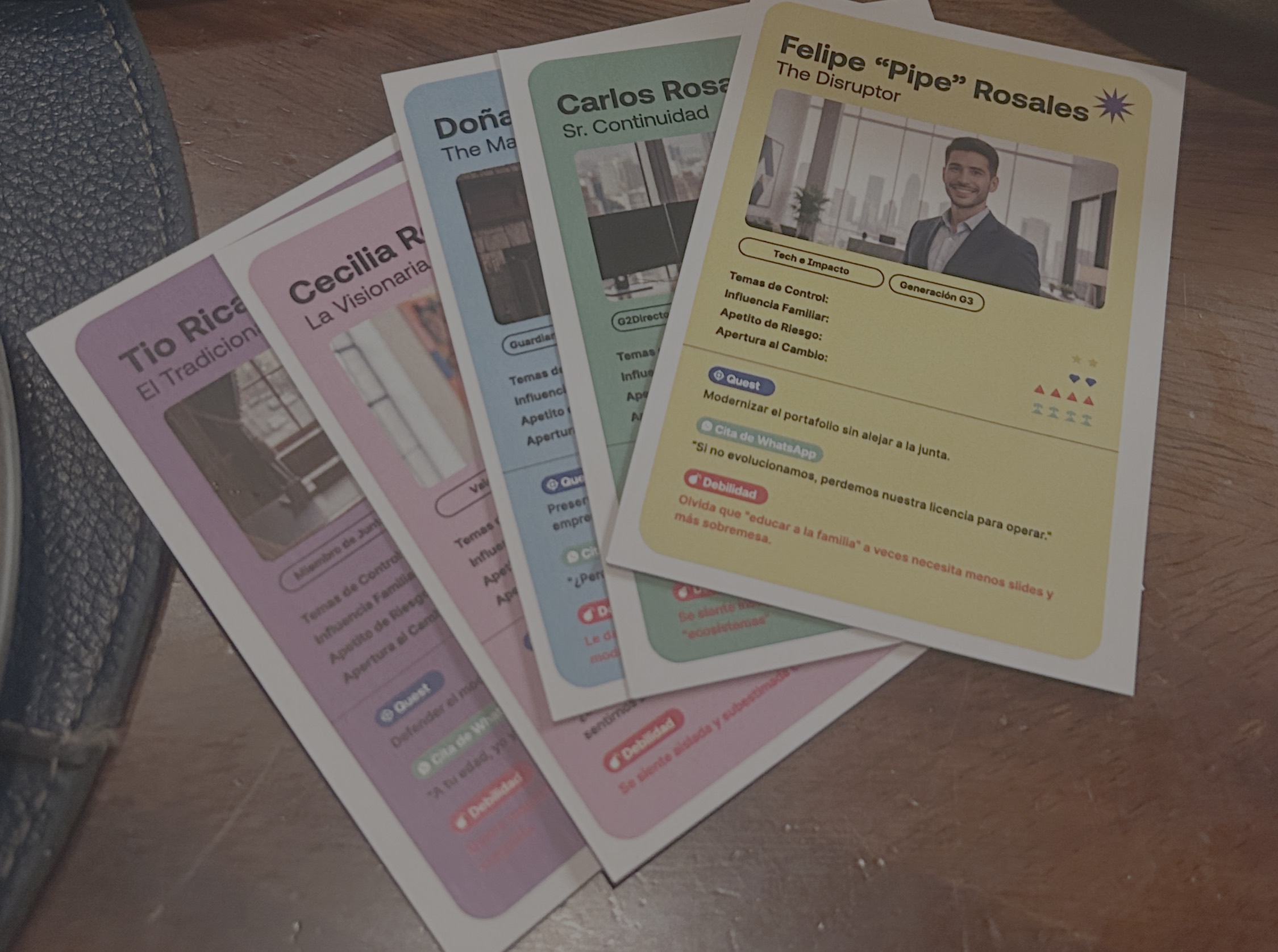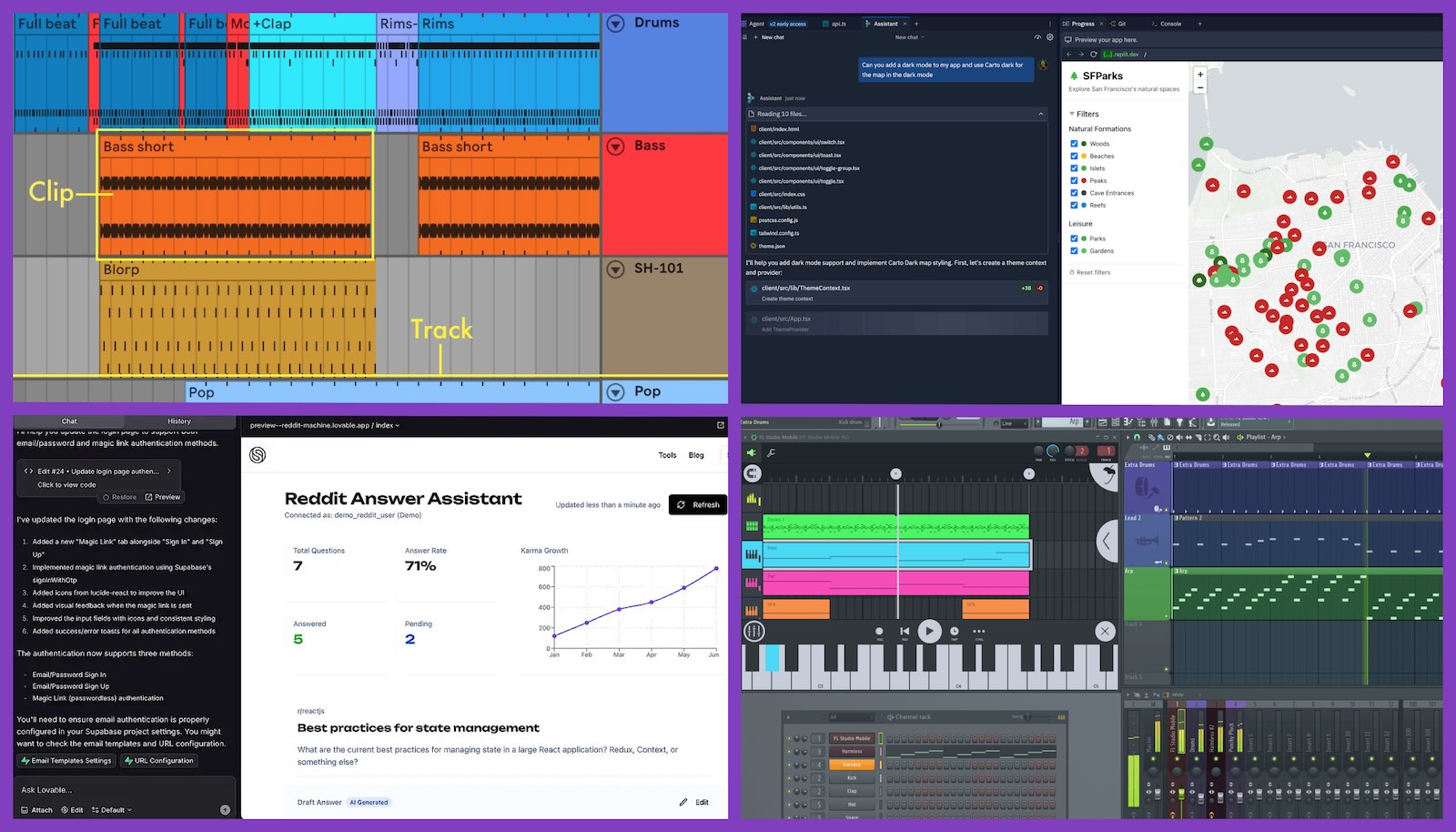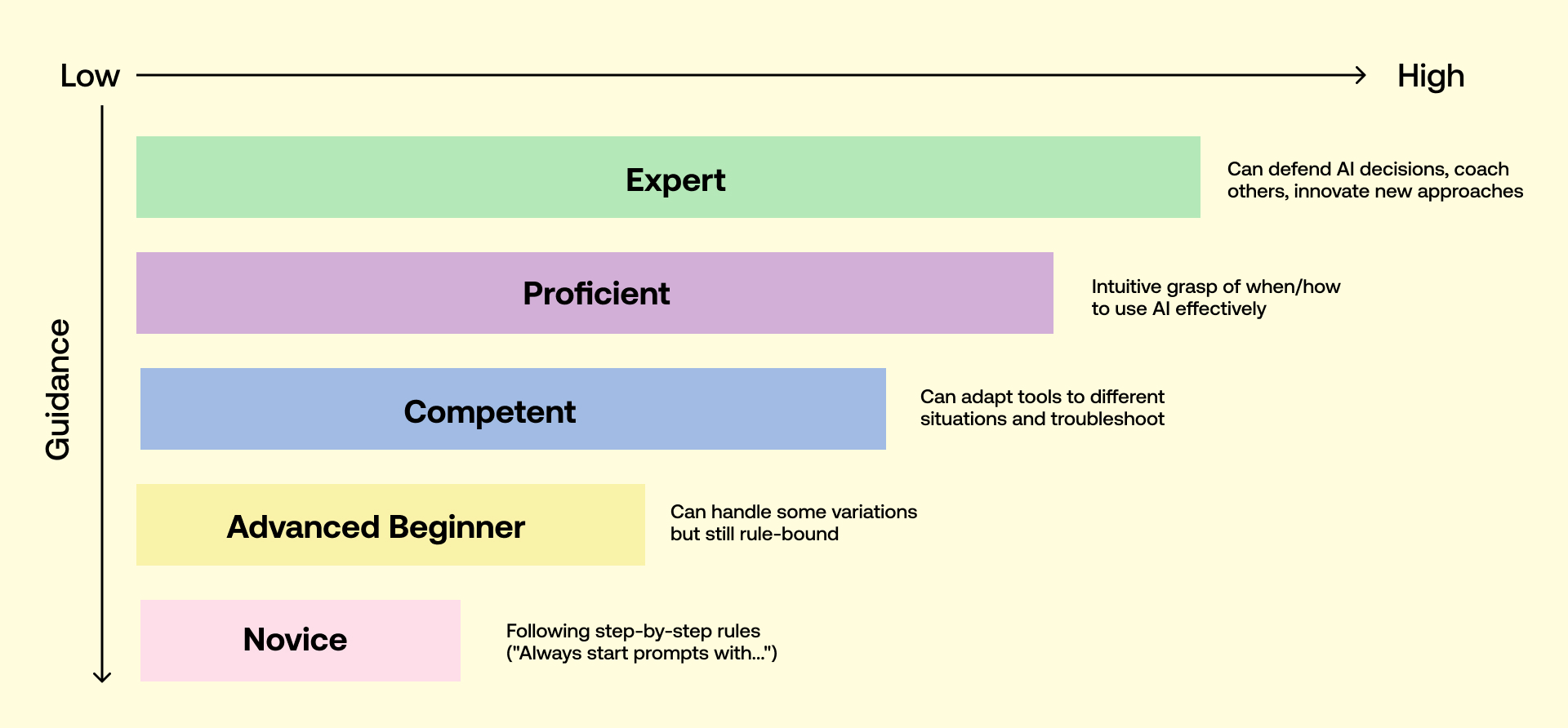You’re smart. You know that time flies in a live workshop or meeting.
There’s all this stuff that needs to get done, but your spidey-sense tells you people won’t be able to get it completed in the live session. Besides, much of it isn’t the best of use of a whole group’s synchronous time.
And because you’re a bright spark, you know you can unleash the power of async.
So you create some pre-work. They can do it upfront, whenever they want. They just need to do these few things ahead of the live session and we’re be off to a flyer. Magic!
But here’s the thing.
Show me a workshop where everyone’s done the pre-work. Any workshop. Ever. In the history of work and shops.
It doesn’t exist.
Never happened. Never will.
Ok, so what if we remove ‘work’ from the equation? You acknowledge people aren’t going to do a load of activities or surveys or whatever that will set up your live session.
How about a pre-read? Couple of pages with all the upfront info. If you work at Amazon, I’m sure this works wonderfully - because the prepping and reading of advance memos are baked deep into the culture. But in most other places - unlikely.
And the pre-read can actually hurt you even more than the pre-work.
I've got into trouble numerous times where I've showed up thinking, oh, I sent everyone the pre-read and that means everyone knows what's going on so we can jump straight into the X, Y, Z of the main live thing.
Assume nothing.
This opens up two considerations for your design work.
1. Dependency
The effectiveness of the live thing cannot be dependent on the pre-materials. If someone doesn’t engage with these, they do need to be able to jump into the live session without any catchup required*. Without this, and you're going to be flailing.
* The edge case here is if you want to deliberately design so that people who don’t engage with the pre-materials can’t engage with the live thing. In very specific circumstances this can be a baller move, but most of the time it’ll be seen as exclusionary and antagonistic, so best to avoid it.
2. Multiple Angles
You have to design from a bunch of different angles. Because you can't make assumptions and need to avoid dependencies, you have to acknowledge that people are going to be coming in from a range of entry points, levels of understanding, and so on. Aka, meet them where they are.
Yes, I know. This is more work than you want to have on your plate, but it’ll be better than playing catchup and pushing a group of people through additional activities in a live setting.
Want to get better at designing and leading effective meetings and workshops - especially for clients?
Check out Client Magic - our course on creating engaging experiences for your clients, customers and partners.




.svg)


